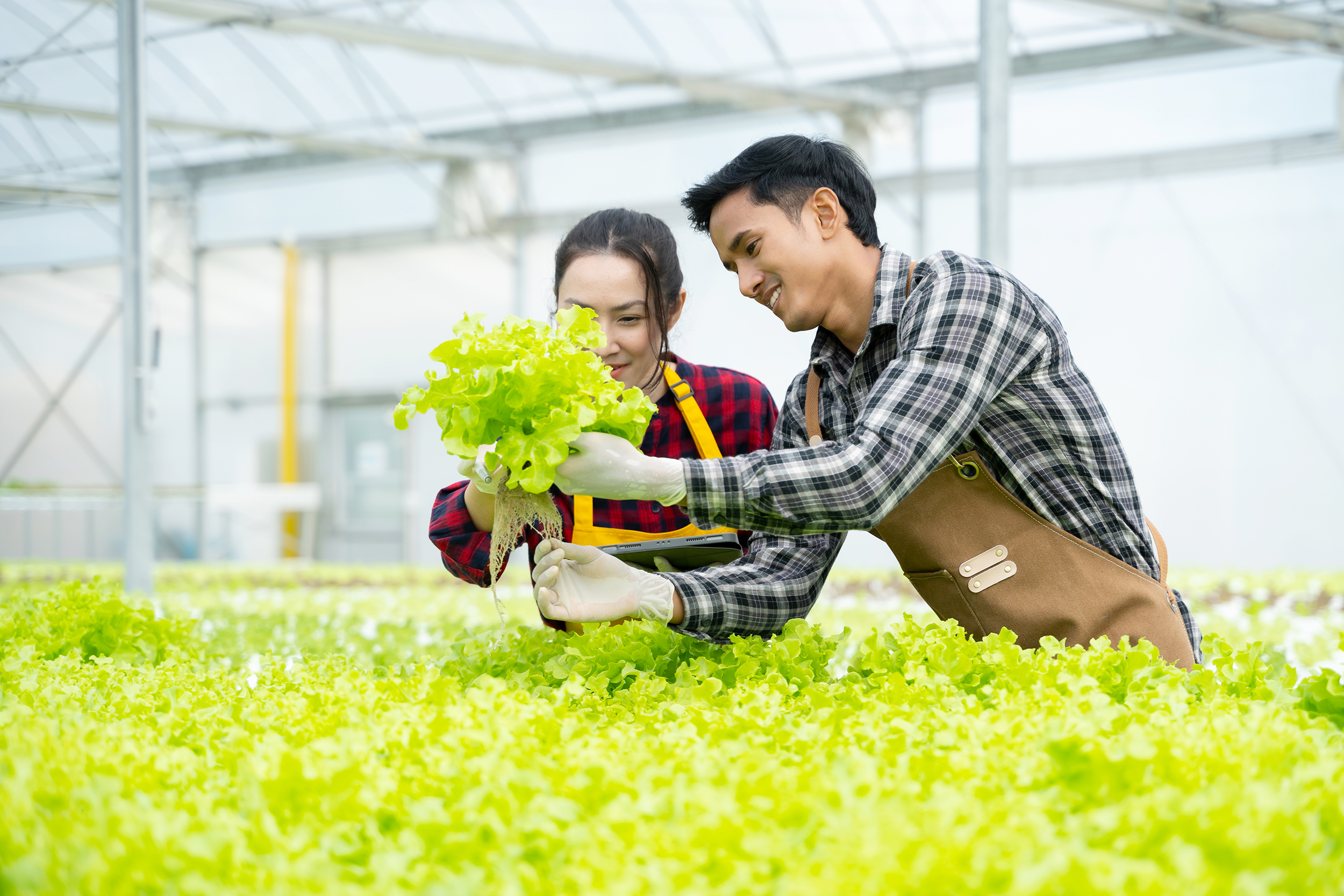Avocado is one of the most popular fruits in the American continent. According to the Association of Producers and Packers, Exporters of Avocado in Mexico (APEAM AC), in 2016 Mexico exported 943,621.5 ton mainly to USA, Canada, Japan and China. This trade seems bound to increase, as there is now more awareness of its nutritional profile and indications are that its popularity in countries such as China is growing. Getting the avocado at the right time in the marketplace is however tricky. So far, growers have been relying on a method for testing the readiness for harvesting avocados prior to packing and shipping, which results in loss of thousands of kilos of the fruit. Why? Since the dry matter content of avocado is used as an indicator of its maturity, conventional methods typically involves microwaving the avocado to determine its dry weight.
Mexican Hass avocado growers were therefore excited to receive training in an alternative non-destructive way of determining avocado maturity. Recently conducted in avocado growing regions of Mexico: Xalisco, Nayarit; Ciudad Guzman, Jalisco and Uruapan, Michoacan, the training was well received by over 150 growers, packers and technicians who felt that there were several advantages to using the specially designed portable spectrometer, as it eliminated the substantial loss of fruit. Importantly, the non-destructive method allows a greater number of fruits to be tested and provides increased confidence about the optimal harvesting time. Lead by the Instituto Nacional de Investigaciones Forestales, Agricolas y Pecuarias (INIFAP) and Felix Instruments, the session benefited from years of collaborative research and contribution by the trilateral agricultural platform – PROCINORTE (USA, Canada, Mexico) and the Inter-American Institute for Cooperation on Agriculture, IICA, which promotes productive and sustainable agriculture in the Americas.
For further information, please contact:
Dr. Audia Barnett
IICA Canada Representative
Dr. Jorge Osuna
Investigador en Postcosecha e Inocuidad de Alimentos


